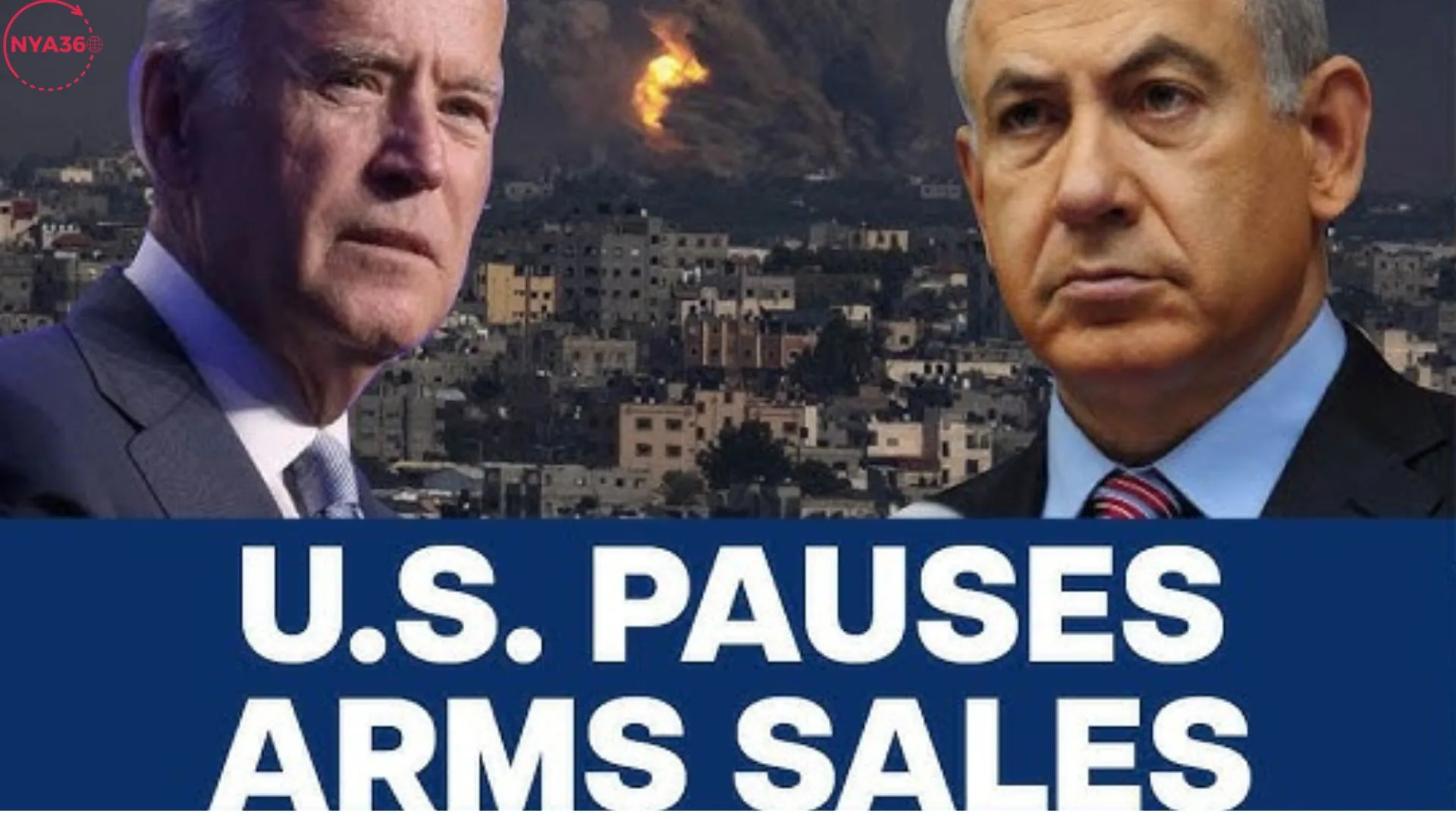The United States’ choice to temporarily halt arms supplies to Israel in response to widespread international criticism of the ongoing conflict carries substantial consequences for both countries and the wider geopolitical sphere. As Israel grapples with this unparalleled position, concerns grow over its capacity to uphold military supremacy without the backing of its nearest ally. Will Israel be able to successfully pursue its defense objectives without relying on military help from the United States, or will the lack of such assistance present insurmountable obstacles?
Israel’s military capabilities are largely acknowledged to be very sophisticated and formidable, placing them among the most advanced in the world. Israel has made significant investments in defense technology, intelligence infrastructure, and military training over time. These investments have allowed Israel to effectively protect itself against many threats and preserve a superior advantage over its enemies. Israel has a strong collection of weapons, including precision-guided munitions and advanced missile defense systems, that are specifically designed to address its specific security needs.
Nevertheless, the importance of U.S. military assistance to Israel cannot be exaggerated. For many years, the United States has been the primary provider of sophisticated weapons, military assistance, and diplomatic support to Israel. This alliance has not only strengthened Israel’s security position but also acted as a strategic deterrent against neighboring opponents. U.S. aid has significantly improved Israel’s military capabilities and acted as a deterrent against possible aggressors, ranging from fighter jets to ballistic missile defense systems.

The temporary cessation of U.S. arms sales raises apprehensions regarding the direct effect on Israel’s defense capability. Although current reserves and domestic military sectors offer some level of independence, specific vital systems and technologies could be impacted by supply disruptions. Furthermore, the symbolic importance of U.S. backing should not be underestimated, as it conveys a message of unity and confidence to both Israel and its opponents.
Israel has shown resilience and agility in its defense posture in response to these difficulties. The Israeli Defense Forces (IDF) are well-known for their ability to quickly adapt, come up with new ideas, and their strategic approach that emphasizes preventing and taking action before an attack occurs. The military doctrine of Israel prioritizes adaptability, swift reaction, and the capacity to use technical supremacy to successfully eliminate threats.
In addition, Israel’s strategic alliances and regional partnerships offer further levels of protection and assistance. Israel’s network of alliances strengthens its situational awareness and operational capabilities through intelligence sharing with critical allies and joint military exercises with like-minded nations. The collaboration with regional heavyweights such as Egypt, Jordan, and the Gulf nations highlights the alignment of interests in addressing shared challenges and fostering stability in the Middle East.
Although Israel has certain strengths, the lack of military assistance from the United States presents difficulties for its long-term security and strategic calculations. The ambiguity surrounding forthcoming arms shipments and diplomatic ties with the United States throws an element of unpredictability into Israel’s defense strategizing. Furthermore, the geopolitical dynamics in the area, which involve the re-emergence of adversarial entities like Iran and non-governmental groups like Hezbollah, emphasize the ongoing intricacies of Israel’s security situation.

Given these factors, Israel is currently at a crucial point where it needs to reassess its defense policy and priorities. Israel’s efforts to reduce dependence on external assistance will need the implementation of key strategies, including the enhancement of domestic military companies, the expansion of procurement sources, and the allocation of resources towards indigenous innovation. In addition, diplomatic endeavors to reinforce and broaden strategic alliances with states that share similar values would strengthen Israel’s ability to withstand challenges and prevent potential threats.
In the end, Israel’s ability to maintain military superiority on its own depends on its capability to adapt, innovate, and have strategic foresight. Despite the immediate problems posed by the temporary halt in U.S. arms shipments, Israel’s robust defense structure, combined with its endurance and resourcefulness, enables it to confidently handle this moment of uncertainty. The ongoing challenges and changing circumstances faced by Israel, together with its surrounding region, highlight the crucial and unwavering alliance between Israel and the United States, which plays a fundamental role in maintaining stability and security in the Middle East.





